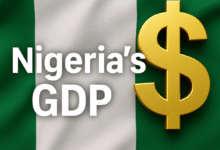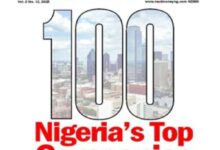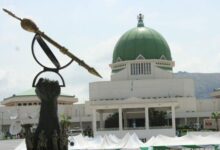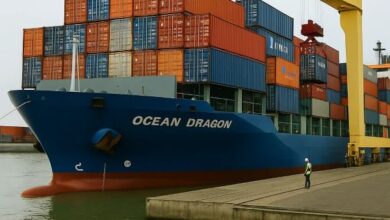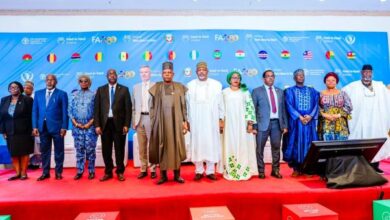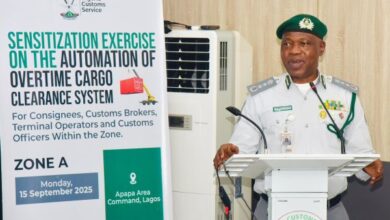What’s in for Nigeria, as Edun leads team to IMF Spring Meetings?
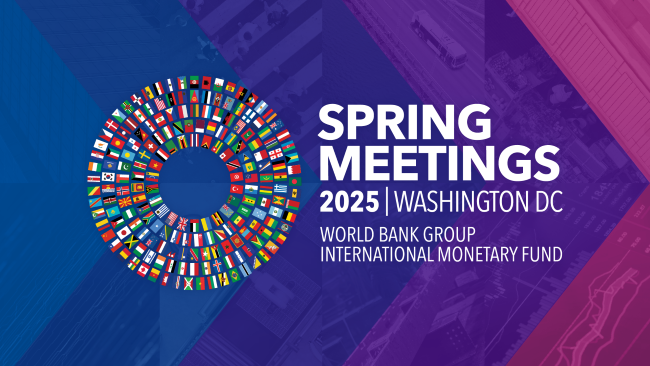
By BRANDECONOMY Business Desk
As Nigeria heads to Washington for the IMF Spring Meetings, here’s what’s at stake — and why global financial diplomacy is more critical than ever for one of Africa’s largest economies.
The Big Picture: Why the IMF Spring Meetings Matter
Every April, Washington, D.C. becomes the epicenter of global financial policymaking as over 190 member countries converge for the International Monetary Fund (IMF) and World Bank Spring Meetings. It’s more than just high-level speeches and media soundbites — it’s a power summit where global economic rules, rescue deals, and reforms are shaped.
For Nigeria, this year’s edition (April 21–26, 2025) is especially strategic.
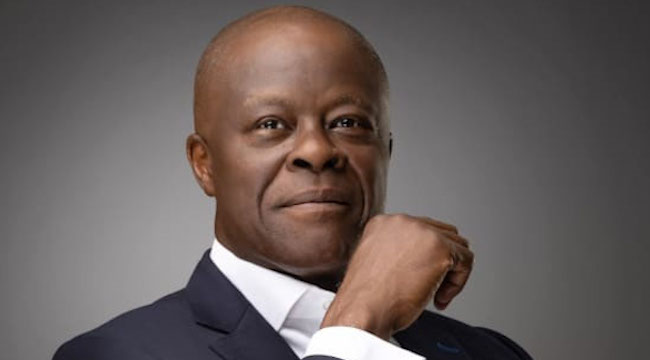
Wale Edun, Nigeria’s Minister of Finance and Coordinating Minister of the Economy, is leading the country’s delegation. His presence sends a clear message: Nigeria is actively negotiating its place in the evolving global financial order.
What’s on Nigeria’s Agenda?
According to BRANDECONOMY sources, Nigeria’s focus at the meetings includes:
- 🔄 Debt management and restructuring options
- 🌍 Climate finance partnerships
- 🏗️ Infrastructure funding mechanisms
- 💸 Private sector inclusion in development finance
- 🧾 Policy alignment with IMF fiscal benchmarks
In the delegation are top executives from Nigerian banks, development institutions, civil society representatives, and NGOs — signaling a whole-of-economy approach to shaping Nigeria’s international financial engagements.
Why This Trip Is Critical Now
1. Nigeria’s Fiscal Reforms Need Global Endorsement
Under Edun, the Tinubu administration has embarked on a wave of economic reforms: subsidy removal, exchange rate harmonization, and public sector audits. These are often IMF-friendly moves. But success will require technical support, credibility boosts, and possibly funding — all of which are negotiated in forums like these.
2. Climate Funding Is the Next Big Play
With climate change affecting Nigeria’s agriculture, infrastructure, and health outcomes, climate finance is becoming a top-tier issue. The IMF now runs the Resilience and Sustainability Trust (RST) — a $40 billion initiative supporting climate transition in developing countries. Nigeria will be lobbying for access and support.
3. Debt Sustainability Is a Live Wire
Nigeria’s debt service-to-revenue ratio remains one of the highest in the world. At the meetings, Edun and his team will engage with the IMF’s Debt Sustainability Framework, seeking options for restructuring or reprofiling loans, possibly through debt-for-climate swaps or concessional refinancing.
🔍 What the IMF Spring Meetings Typically Deliver
The Spring Meetings are not just talk shops. Key outputs include:
- The World Economic Outlook (WEO): Global economic projections and risks
- Global Financial Stability Report (GFSR): Health checks on global markets
- Bilateral meetings: Policy dialogues and technical assistance arrangements
- Side events: Deep-dives on fiscal policy, gender equity, digital finance, and climate resilience
What Nigeria Can Gain (or Lose)
| Opportunity | What’s at Stake |
| 💰 Access to IMF technical & financial support | Helps stabilize FX, build reserves, boost reform momentum |
| 🌿 Climate finance flows | Could unlock billions in concessional loans for renewable energy and green infrastructure |
| 🤝 Global credibility | Positions Nigeria as a serious reformer and partner in global economic stability |
| ❗ Reputational risk if negotiations stall | Delay in funding or policy friction could spook investors |
IMF vs World Bank: Who Does What?
Many use the terms interchangeably — but the IMF and World Bank play distinct yet complementary roles:
| Institution | Core Role | Nigeria’s Interaction |
| IMF | Maintains global financial stability | Surveillance, advisory, loans during balance-of-payment crises |
| World Bank | Funds development and poverty eradication | Infrastructure loans, technical assistance, education & health |
Together, these institutions are known as the Bretton Woods twins, formed in 1944 to rebuild the global economy post-WWII. Today, they shape how developing economies like Nigeria borrow, grow, and reform.
Why It Matters for Nigerians at Home
While these meetings may feel far removed from daily struggles in Lagos, Kano, or Aba, the policies and financing negotiated in Washington directly impact:
- 🛢️ Fuel pricing and subsidy policies
- 📉 Interest rates and inflation control
- 📊 Budget support and FX reserves
- 🔌 Power, water, and transport infrastructure
- 💼 Job creation through SME support programs
What happens in Washington doesn’t stay in Washington — it trickles down.
📌 The Bottom Line
As Minister Edun leads Nigeria’s delegation to the 2025 IMF Spring Meetings, the stakes are high. These global gatherings are more than diplomatic formalities — they are forums for shaping the policies, partnerships, and resources that determine whether Nigeria turns a corner or hits another dead end in its economic recovery.
Eyes are now on how Nigeria navigates the corridors of global power — and whether it can turn access into impact.
Want more on Nigeria’s global economic strategy and multilateral partnerships? Subscribe to BRANDECONOMY and have the insights delivered straight to your inbox.


